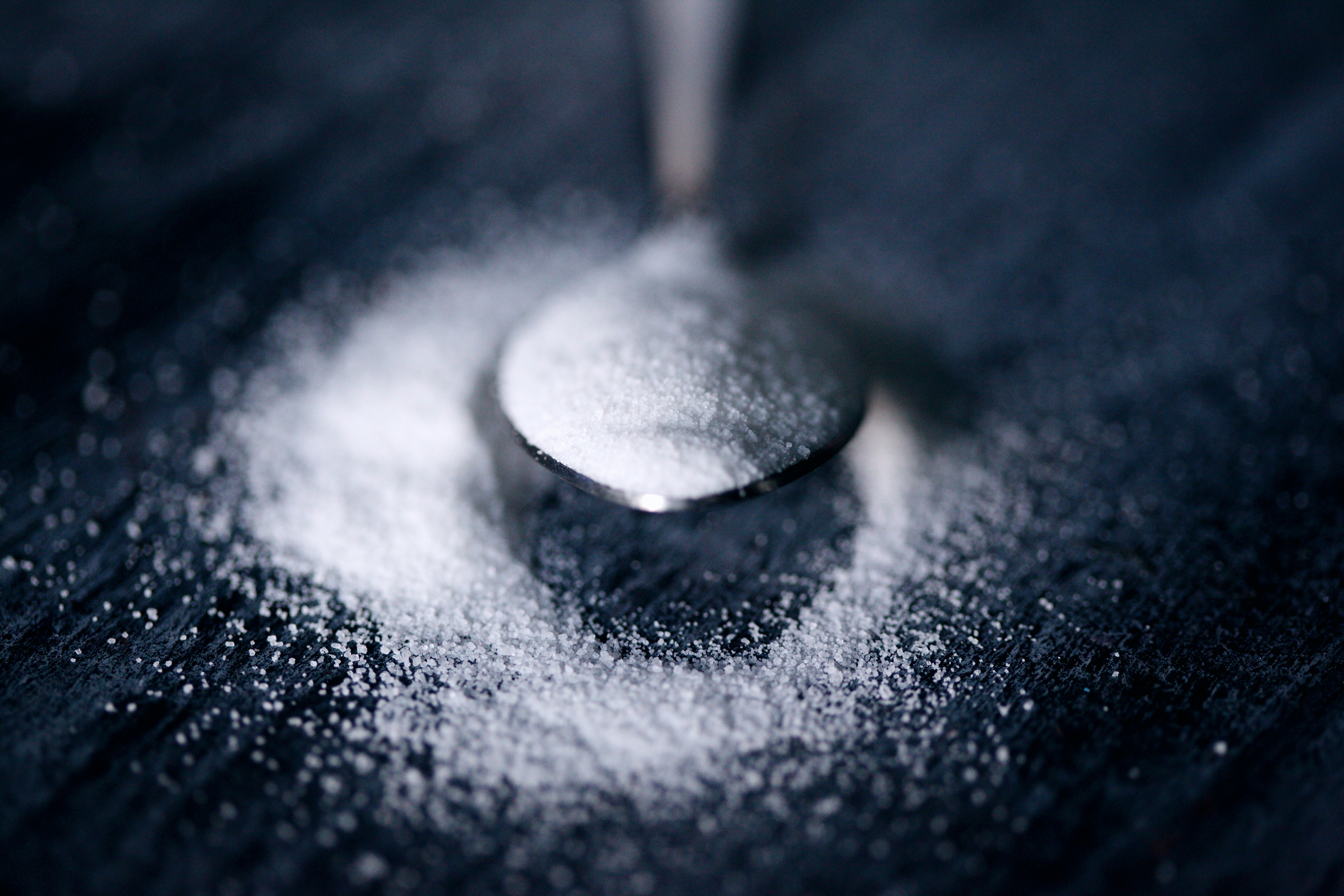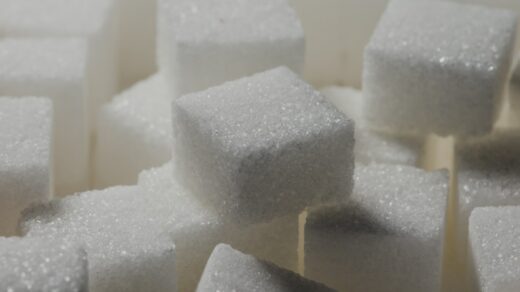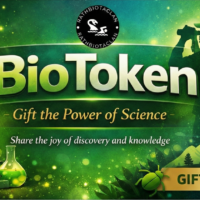Maltodextrin and fructose can be worse than regular sugar for your health—especially when consumed in large amounts or hidden in processed foods. While sugar is often demonized, maltodextrin, a highly processed starch, spikes blood sugar even faster than table sugar, leading to energy crashes and insulin resistance. Fructose, when consumed in excess (especially from high-fructose corn syrup), bypasses the body’s normal metabolic checks and is processed by the liver, which can contribute to fat buildup and non-alcoholic fatty liver disease. Unlike natural sugars in fruits, these added sugars sneak into “health” products like energy bars and electrolyte drinks, misleading consumers. Over time, they can boost the risk of trouble like being overweight, getting diabetes, and having a less healthy heart sometimes even more so than regular old sugar. So yes, these sugar substitutes can quietly do more harm than the sugar they’re meant to replace.
There is a carbohydrate more dangerous than sugar that you consume every day. Every doctor says that sugar is poison, the most dangerous carbohydrate. But there’s a carb even more dangerous than sugar — one that no one warns us about. And in today’s world, it’s present in most foods and is silently destroying our health from within.
Do you know what this silent killer is?
Well, this carb is found in your branded breakfast cereals, branded protein and energy bars, Maggi and other noodles, so-called healthy biscuits, and even in ready-made soups. It’s also present in so-called energy drinks, supplements, sugar-free products, and even ice creams. This carb is called maltodextrin.
Companies use healthy-sounding, marketable names like corn starch, corn syrup, rice starch, or wheat starch to disguise it. But why is this ingredient particularly problematic?
Well, think about it — why do we call regular sugar poison? Because it instantly spikes our blood sugar levels upon consumption, triggering insulin release. This causes the body to store sugar — and other nutrients along with it — as fat. That’s why sugar is directly linked to weight gain and obesity. On top of that, sugar is full of empty calories with literally zero nutrition, and it’s addictive — you keep eating more without gaining any real nutrition. It just keeps turning into fat, which eventually leads to diabetes, high cholesterol, high blood pressure, and chronic inflammation, creating a chain of around a hundred health problems.
Now, all these problems aren’t just caused by table sugar — maltodextrin causes them too, and it’s twice as dangerous.
Maltodextrin has a glycemic index of 125, while table sugar is only around 60 to 65 — almost double!
That means maltodextrin spikes blood sugar even faster, causes more weight gain, and yes, it’s even more addictive. You probably already know that processed products are worse than natural ones — well, think of maltodextrin as a processed version of an already bad thing — sugar.
Maltodextrin increases the amount of bad bacteria in your body and reduces the good bacteria.
Why?
Because pathogenic bacteria like Salmonella and E. coli can metabolize maltodextrin — they have the enzymes required for it, while your natural good gut bacteria do not. As a result, the bad bacteria multiply rapidly.

You’ve probably heard your mom say, “Don’t eat naan or tandoori roti, it sticks in your stomach.” Well, maltodextrin literally sticks — it becomes thick and sticky when wet and forms a layer on the walls of your intestines. As shown in certain studies, this layer becomes a colony of bad bacteria. Simply put, by consuming the wrong things, we’re handing the keys to our second brain — our gut — to the enemies of our own body.
Now let’s talk about the second most dangerous carbohydrate — even more dangerous than regular sugar. And quite frankly, you won’t believe it’s a silent killer, because no one talks about it. In fact, we’ve been told it’s good for our health.
I’m talking about fructose — yes, the sugar found in fruits.
Every doctor, every mom, every nutritionist says fruits are good for health — which is true, but with a big catch: Fruits contain fructose.
Now, any nutritionist will tell you to stay away from processed foods containing high-fructose corn syrup (HFCS). In fact, HFCS is considered just as dangerous as maltodextrin.
But then ironically, doctors also say “eat as many fruits as you can.” Why this contradiction?
HFCS, as the name suggests, contains a high amount of fructose — about 52 to 55%, with the rest being glucose.
But fruits like apples, mangoes, grapes, watermelon, and pears have a fructose ratio ranging from 65% to 85% — almost double.
Still, fruits are considered healthy?
To add to the contradiction, here’s a strange fact — fructose has a glycemic index of just 15, while glucose is at 100. So, glucose spikes your blood sugar quickly, while fructose does not. We’ve seen that high-GI foods like maltodextrin are unhealthy and should be limited.
So then what’s the problem with fructose and HFCS, since they are low-GI?
Here’s the thing — fructose is the most misunderstood sugar ever.
To understand this contradiction, we need to go down to the fundamentals:
1. Why is fructose harmful at all?
2. Are fruits really unhealthy then?
3. Why is glucose — which spikes blood sugar much more — paradoxically healthier than fructose?
Let’s break it down. The fundamental problem with fructose is that the body cannot metabolize it like it does glucose.
Let me explain.
For our body, glucose has always been the primary source of energy, and fructose, a secondary one. Think of a hybrid car — it runs efficiently on one type of fuel and poorly on the other. Similarly, humans have never relied on high-fructose fruits as a main dietary source. Our diet was always more glucose- and protein-rich. Over thousands of years of evolution, our body became efficient at metabolizing glucose, not fructose.
Now here’s why fructose is more dangerous than glucose:
When we consume glucose, it spikes blood sugar — but then insulin is released, which uses GLUT-4 transporters to carry glucose into our cells, where it’s either used for energy or stored as fat. Insulin regulates how much glucose gets converted into fat.
But with fructose, insulin doesn’t regulate it at all. It enters cells using GLUT-5 transporters, and roams around unregulated. An enzyme called fructokinase then converts it directly into fat, and stores it.
That’s problem number one.
The second, even bigger problem: Fructose never makes you feel full. No matter how much you eat, you won’t feel satisfied. That’s also why companies use high-fructose corn syrup — more than any other sugar.
The mechanism is simple: Fructose increases ghrelin, the hormone that signals hunger, and decreases leptin, the hormone that signals fullness. So, you feel hungry again even after eating.
🔗 References
Glycemic Index and Cardiometabolic Risk
Glycemic index and glycemic load: their role in weight control and cardiometabolic riskhttps://www.ncbi.nlm.nih.gov/pmc/articles/PMC4997430/
Fructose and Metabolic Health – Fructose consumption and its implications for metabolism and healthhttps://www.ncbi.nlm.nih.gov/pmc/articles/PMC5855206/
High-Fructose Corn Syrup (HFCS) – Health implications of high-fructose corn syrup: A reviewhttps://www.ncbi.nlm.nih.gov/pmc/articles/PMC5641839/
Maltodextrin and Gut Health – Maltodextrin-induced intestinal dysbiosis and its association with gut inflammationhttps://www.ncbi.nlm.nih.gov/pmc/articles/PMC3704564/
Dietary Sugars and Metabolic Risk – Dietary sugars and cardiometabolic risk: Is there a sweet spot?https://www.ncbi.nlm.nih.gov/pmc/articles/PMC7428456/
Fructose vs. Ethanol – Fructose: metabolic, hedonic, and societal parallels with ethanolhttps://pubmed.ncbi.nlm.nih.gov/22430112/
Gut Microbiota and Probiotics – Intestinal microbiota and the role of probiotics in health promotionhttps://www.ncbi.nlm.nih.gov/pmc/articles/PMC7071353/
Impact of Carbs on Gut Microbiota – Impact of carbohydrate type and source on gut microbiotahttps://www.ncbi.nlm.nih.gov/pmc/articles/PMC5372979/
Sugar, Metabolic Disease, and Obesity – Sugar consumption, metabolic disease and obesity: the state of the controversyhttps://www.ncbi.nlm.nih.gov/pmc/articles/PMC6520897/
Worldwide Fructose Effects – Metabolic effects of fructose and the worldwide increase in obesityhttps://www.ncbi.nlm.nih.gov/pmc/articles/PMC7912136/
















